In the 1970s, lasers that could initiate nuclear fusion were a distant dream. Now, scientists are using such lasers to achieve fusion “ignition.”
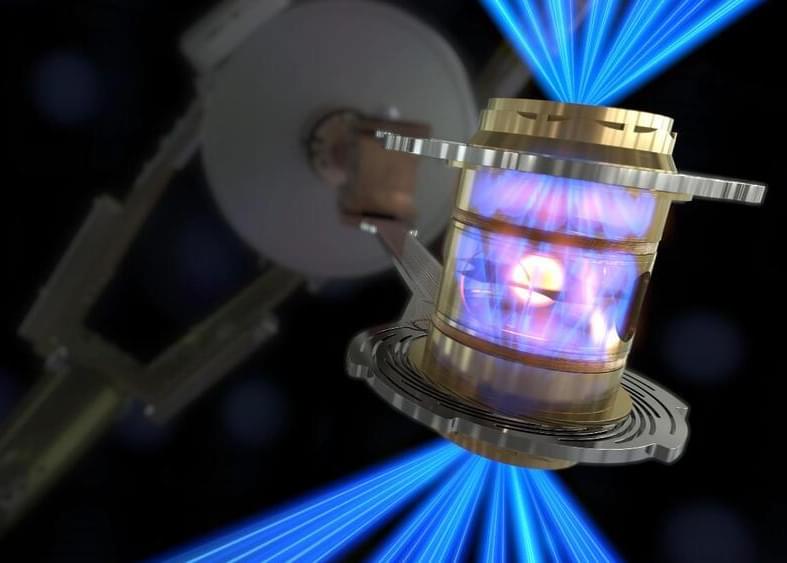

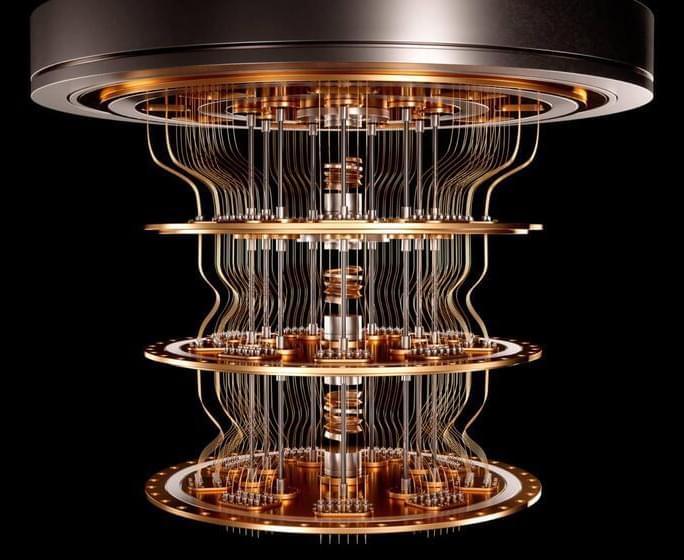
CAMBRIDGE, Mass. — Researchers at MIT have achieved a significant breakthrough in quantum computing, bringing the potential of these incredible thinking machines closer to realization. Quantum computers promise to handle calculations far too complex for current supercomputers, but many hurdles remain. A primary challenge is addressing computational errors faster than they arise.
In a nutshell, quantum computers find better and quicker ways to solve problems. Scientists believe quantum technology could solve extremely complex problems in seconds, while traditional supercomputers you see today could need months or even years to crack certain codes.
What makes these next generation supercomputers different from your everyday smartphone and laptop is how they process data. Quantum computers harness the properties of quantum physics to store data and perform their functions. While traditional computers use “bits” (either a 1 or a 0) to encode information on your devices, quantum technology uses “qubits.”
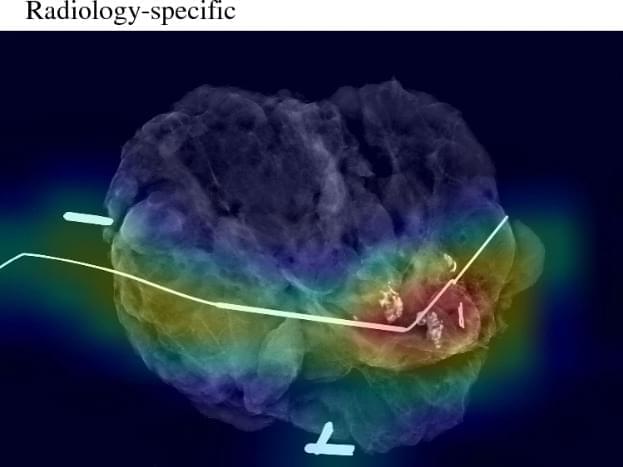
Kristalyn Gallagher, DO, Kevin Chen, MD, and Shawn Gomez, EngScD, in the UNC School of Medicine have developed an AI model that can predict whether or not cancerous tissue has been fully removed from the body during breast cancer surgery.
Artificial intelligence (AI) and machine learning tools have received a lot of attention recently, with the majority of discussions focusing on proper use. However, this technology has a wide range of practical applications, from predicting natural disasters to addressing racial inequalities and now, assisting in cancer surgery.
A new clinical and research partnership between the UNC Department of Surgery, the Joint UNC-NCSU Department of Biomedical Engineering, and the UNC Lineberger Comprehensive Cancer Center has created an AI model that can predict whether or not cancerous tissue has been fully removed from the body during breast cancer surgery. Their findings were published in Annals of Surgical Oncology.

Summary: Pioneering artificial intelligence (AI) has astoundingly synthesized the design of a functional walking robot in a matter of seconds, illustrating a rapid-fire evolution in stark contrast to nature’s billion-year journey.
This AI, operational on a modest personal computer, crafts entirely innovative structures from scratch, distinguishing it from other AI models reliant on colossal data and high-power computing. The robot, emerging from a straightforward “design a walker” prompt, evolved from an immobile block to a bizarre, porously-holed, three-legged entity, capable of slow, steady locomotion.
Representing more than mere mechanical achievement, this AI-designed organism may mark a paradigm shift, offering a novel, unconstrained perspective on design, innovation, and potential applications in fields ranging from search-and-rescue to medical nanotechnology.
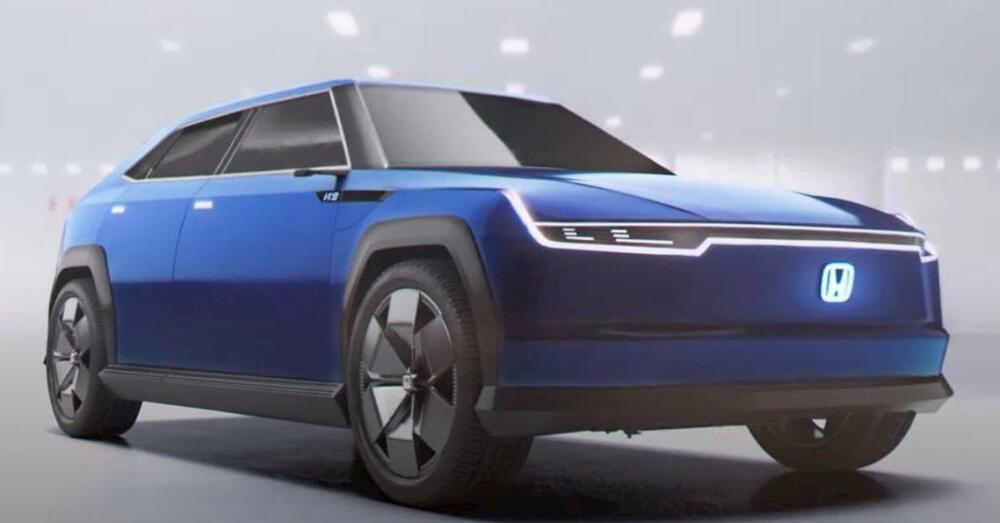
With Honda’s EV offensive finally starting, the Japanese automaker is already giving us a preview of what could be its next-gen electric SUV and sedan concepts in its latest video.
After releasing new details on its first electric SUV, the 2024 Prologue, Honda is showing off two new EV concepts.
The Honda Prologue is co-developed with General Motors. Built on GM’s Ultium platform (the same one powering upcoming EVs, including the Blazer, Equinox, and Silverado), Honda’s electric SUV will feature an expected range of over 300 miles.
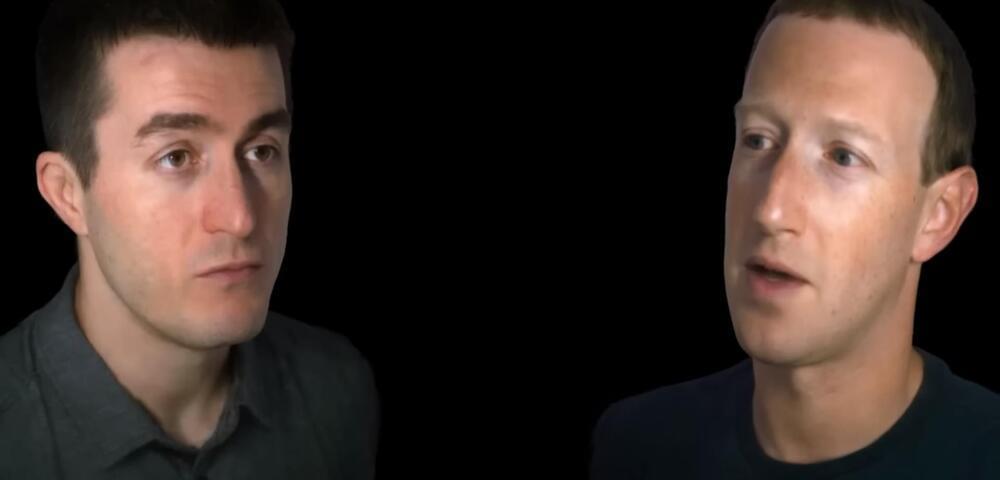
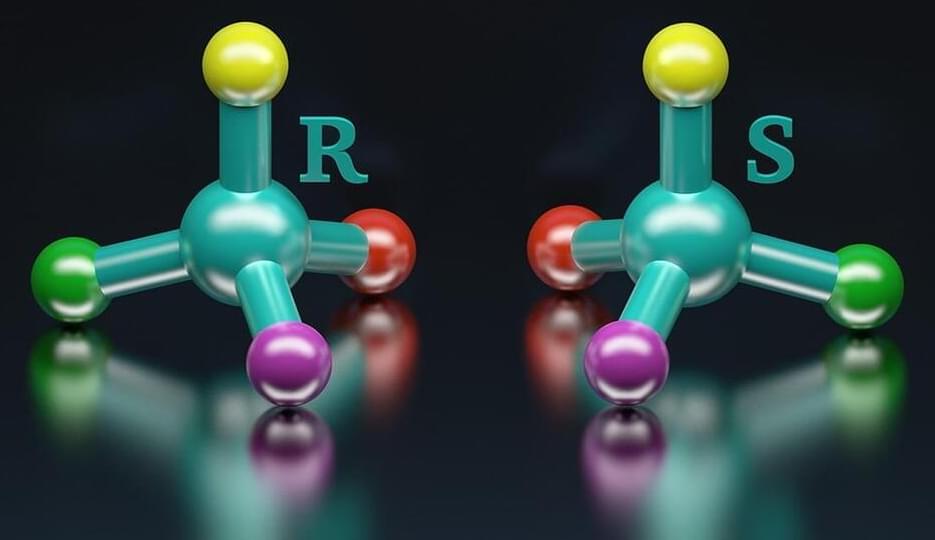
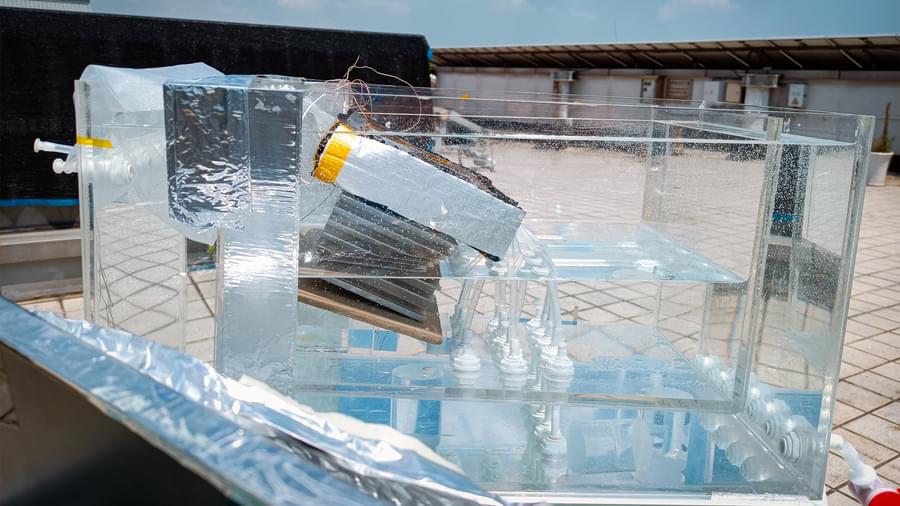
Saltwater is plentiful, but no good for drinking. Desalinization is the obvious solution, but a big problem isn’t taking the salt out, it’s where all that leftover salt goes. Excess salt accumulates, crystallizes, collects, and clogs a system. Dealing with this means maintenance, which means higher costs, which ultimately limits scalability.
The good news is that engineers at MIT and in China have succeeded in creating a desalination system that avoids this problem by intrinsically flushing accumulated salt as it is created, keeping the system clean. And what’s more, the whole thing is both scalable and entirely passive. The required energy all comes from gravity and the sun’s heat.
To do this, the device is constructed in such a way that it mimics the thermohaline circulation of the ocean on a small scale. This is a process in which temperature and density differentials drive a constant circulation and exchange. In the team’s system, this ultimately flushes concentrations of salt out of the system before it has a chance to collect.
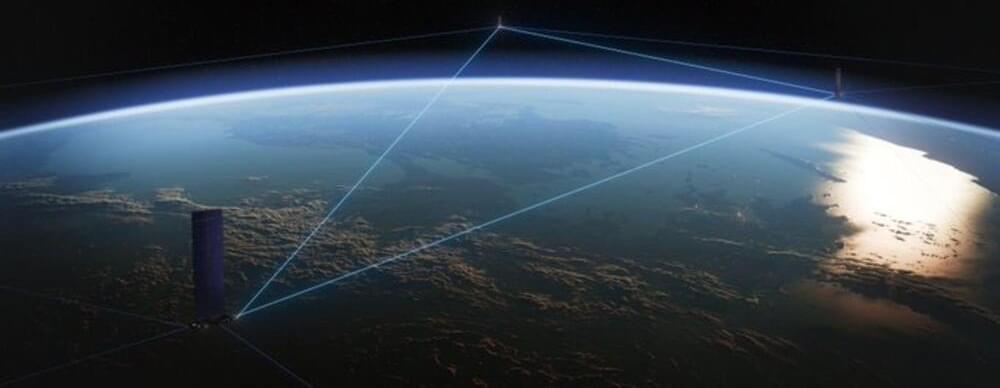
Starlink/ X
Space-based internet services took a giant leap when SpaceX launched Starlink’s first satellites just over three years ago. The service has grown rapidly thanks to SpaceX’s reusable Falcon 9 rockets and an increasing number of users looking to connect to the internet while being located remotely.
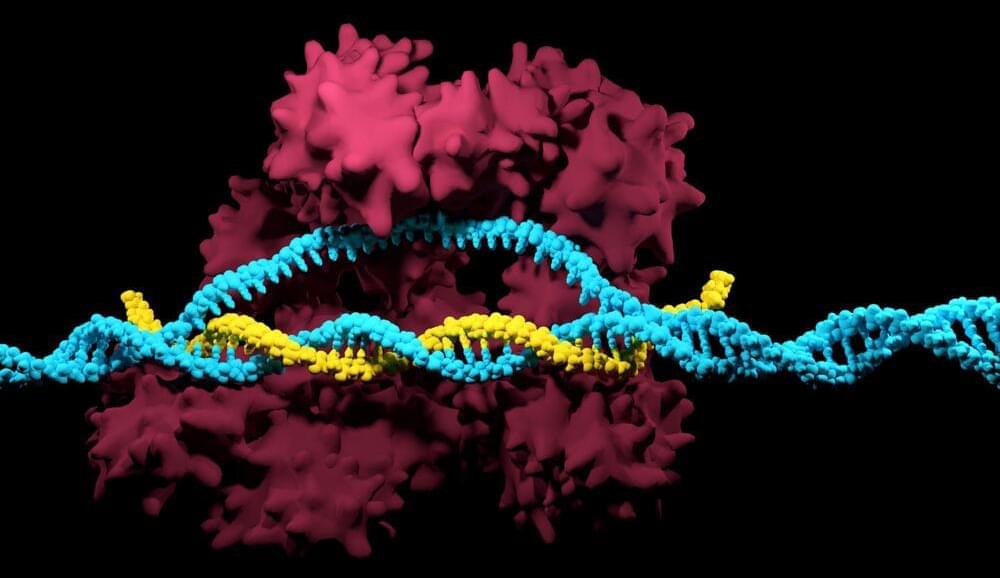
The investigators carried out animal trials with the engineered AsCas12f system, partnering it with other genes and administering it to live mice. The encouraging results indicated that engineered AsCas12f has the potential to be used for human gene therapies, such as treating hemophilia.
The team discovered numerous potentially effective combinations for engineering an improved AsCas12f gene-editing system, and acknowledged the possibility that the selected mutations may not have been the most optimal of all the available mixes. As a next step, computational modeling or machine learning could be used to sift through the combinations and predict which might offer even better improvements.
And as the authors noted, by applying the same approach to other Cas enzymes, it may be possible to generate efficient genome-editing enzymes capable of targeting a wide range of genes. “The compact size of AsCas12f offers an attractive feature for AAV-deliverable gRNA and partner genes, such as base editors and epigenome modifiers. Therefore, our newly engineered AsCas12f systems could be a promising genome-editing platform … Moreover, with suitable adaptations to the evaluation system, this approach can be applied to enzymes beyond the scope of genome editing.”